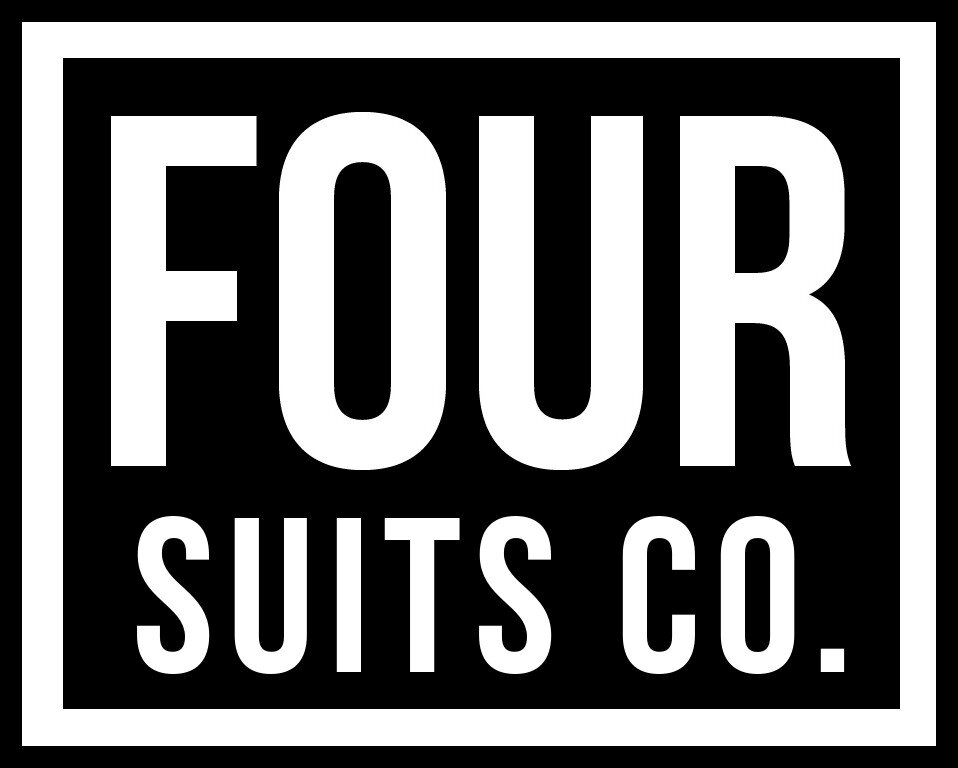An (Incomplete) Timeline of the Post-Modern Moment in Magic
Magic methods have far outstripped its dramaturgy. Here are a few of the key moments (in my eyes) where leaps were taken in that arena.*
Penn and Teller
Rejection of the premise of magic: that is must fool the audience. They showed that even in the act of exposure a magic moment can be created, and they and their audiences often take as much pleasure from “exposure” as from the “performance”. (This could instead be considered the peak of Modern magic, in that it is the ultimate centering of the Modernist ideas of logic and rationality in an inherently illogical or irrational art. But that’s part of a larger conversation/argument/discussion for another time that I would love to have with anyone interested.)
David Blaine
Rejection of the frame of magic: that it must be focused on the performer. By turning the camera on the audience, he made them and their experience of the magic the central act, not the effect itself.
Derren Brown
Rejection of the role of magic: that magic must have itself as an end. Here the audience’s experience continues to be central, but it need not even be recognizable as an experience of magic. (This is most visible not in his stage shows, which are often relatively traditional, but in many of his TV specials.)
Derek DelGaudio
Rejection of the classifications of magic: that magic is defined by props, venues, or plots the magician uses. By popularizing the idea of Postmodern Magic he created a divide and challenged all other magicians to decide on which side they stood.
*Please let me know if you know of precursors to these moments, other people who enacted serious shifts not listed, or if you have different classifications for these shifts. This list is not the result of dedicated study so much as the things I have found that stuck in my head as watersheds. As mentioned above I would love to discuss this deeper with anyone interested.
—Z.Y.
